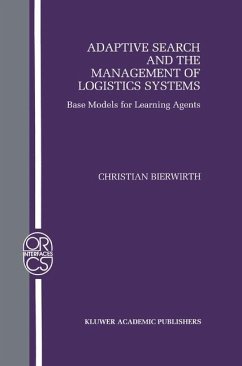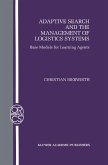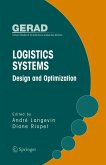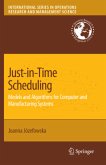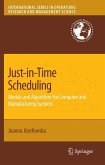Global competition and growing costumer expectations force indus trial enterprises to reorganize their business processes and to support cost-effective customer services. Realizing the potential savings to be gained by exacting customer-delivery processes, logistics is currently sub ject to incisive changes. This upheaval aims at making competitive ad vantage from logistic services instead of viewing them simply as business necessity. With respect to this focus logistics management comprises the process of planning, implementing, and controlling the efficient, effective flow and storage of goods and services, and related information from point of origin to point of consumption for the purpose of conforming customer requirements I . This definition implies a holistic view on the logistic network, where the actors are suppliers, manufacturers, stock keepers, shipping agents, distributors, retailers and finally consumers. The flow of goods along the supply chain considers raw-materials, work-in-process parts, intermedi ate and finished products, and possibly waste. The prevailing manage ment of logistics operation is driven by aggregated forecasting of these material flows. Modern logistics management propagates a disaggregated view of the material flow in order to meet the precise requirements at the interface between actors in the supply chain. Replacing aggregated information by detailed values establishes the prerequisites for an integrated process planning which goes for the shift from anticipatory towards response based logistic81. Smaller units of goods are considered at shorter periods for planning, implementing and controlling the material flow. From Icf. the Council of Logistics Management (1995).

